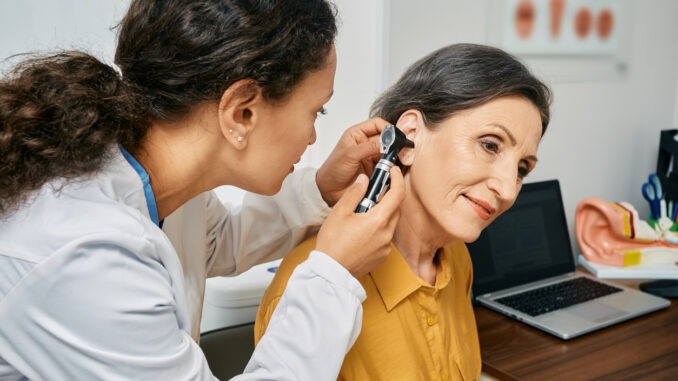
The British Medical Journal (BMJ) has reported on the impact of expenses taking up a larger slice of practice income
GP principals face a pay cut this year because inflation and recommended pay rises for practice staff are greater than the uplift to practice funding.
Modelling of the impact of inflation levels on practice profits, prepared for the BMA by former GP committee negotiator Peter Holden, and shared with The BMJ, shows that this year profits will fall by 16%—and in terms of buying power GP principals will experience a pay cut of almost 23%.
Holden said, “The key matter here is not just at what point we stop earning a living, which at 10% inflation is after four years, but at what point do the banks get scared and withdraw our loans—which I think could be as early as the end of next year.
“This is urgent. This is not going to go away. I understand the government not reopening the multiyear deal negotiated with the BMA for pay, but they’ve got to reopen it for expenses.”
Soaring inflation
Funding for independent general practitioners is tied to a five year deal, which for 2022-23 provides for a 2.1% uplift for all GPs, practice staff, and practice expenses based on predicted inflation in 2019. Actual inflation is running at 9.4%, however, and predicted to go higher—past 10%—and official pay review bodies have recommended higher pay awards for practice staff—4.5% pay award for salaried GPs and a £1400 uplift for nurses (worth at least 4%).
The UK has not experienced such high inflation levels since the 1980s, at which time expenses were treated separately. At that time, independent practitioners received an increase to cover their rise in expenses (costs) plus an uplift to their income based on recommendations from the Review Body on Doctors’ and Dentists’ Remuneration.
This changed in 2004 when reforms were made to the general medical services (GMS) contract and how it is reimbursed. GPs gave up responsibility for patients out of hours, a new funding formula was introduced along with the quality and outcomes framework, and expenses were no longer treated separately.
Increase in expenses to earnings ratio
Since 2004 the expenses to earnings ratio has also increased. In 2004-05, the UK expenses to earnings ratio was 55% for UK GMS GPs, but by 2019-20 it had reached 69.7% —a rise of 14.7 percentage points.
Holden has modelled how inflation will continue to increase the expenses to earnings ratio and cut GP principal pay. Using a baseline expenses to earnings ratio of 66.7%, and modelling inflation at 8% (based on predicted inflation at 11% minus 2.1% GP income uplift for 2022-23) the expenses to earnings ratio hits 72% this year. If high levels of inflation continue, the expenses to earnings ratio will pass 90% after 4 years—and even if inflation falls, it will likely surpass 80% within two or three years.
Holden estimated that GPs had around £5bn invested in premises including mortgages. “My concern is if the government doesn’t grip this, if the banks start to understand this fully, they’ll pull the bank loans long before we go bust,” he said.


Be the first to comment